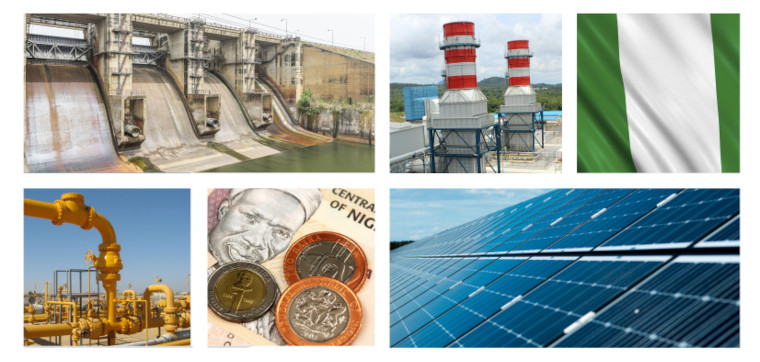

15 July 2021
Nigeria's installed capacity will reach 18.3GW by 2025 but with available generation likely to be constrained to just 7.6GW, supply will continue to lag far behind demand, new research by African Energy shows.
Nigeria Power Report 2021/22 shows that the challenges facing the power sector are likely to continue in the medium-term. The lack of gas supply, insufficient T&D infrastructure, and sector illiquidity will contribute to an environment where new IPPs are unlikely to emerge in the coming years. However, after many false dawns the prospect of long-promised recovery may be in sight.
Government policies, supported by the World Bank, look to resolve some of the key issues holding the sector back. Their success will lead to improvements in transmission and distribution – both financial and infrastructural – while the recent passing of the Petroleum Industry Bill will provide much needed clarity for the sector and could unlock new gas supply to the domestic market, as will the construction of major gas pipeline projects. Combined, these may break down some of the major barriers for new IPPs.
In the near term, opportunities for private participation are emerging beyond new build generation. Plans are afoot to privatise the Transmission Company of Nigeria, while state-owned National Integrated Power Projects are being retendered after an unsuccessful privatisation attempt several years ago.
Find out more about the report and how to order a copy
Request a copy of the report's detailed contents list
Join the report's lead authors on Thursday 29 July at 12.00 BST, for a discussion of the challenges facing Nigeria's power sector and the research we undertook for this report.
Book your free place at the webinar